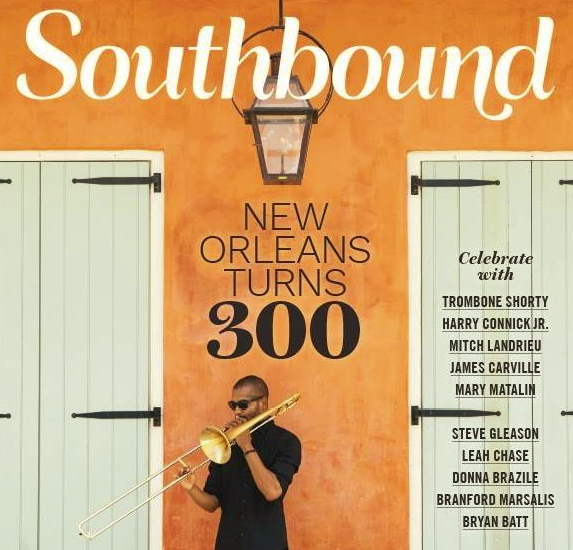
New Orleans Turns 300
It wasn’t so long ago that actor and musician Harry Connick Jr. wasn’t sure his hometown of New Orleans would see its 300th birthday. “Hurricane Katrina was a really close call,” says Connick, whose dad was the longtime district attorney for Orleans Parish and late mother was a Louisiana Supreme Court Justice. “The fact my city is back, stronger than ever, and celebrating its tricentennial anniversary—I’m so proud to be alive for it.”
Connick himself was an important part of its restoration, working with fellow Grammy winner and longtime friend Branford Marsalis to build the Musicians Village in the Upper Ninth Ward for artists displaced by the hurricane. Within the development, they opened the Ellis Marsalis Center for Music, named for Branford’s father—who also happened to be Connick’s childhood piano tutor.
Connick stops by the center nearly every time he’s in town (he films his syndicated talk show, Harry, in New York), but that’s about as close as he comes to catching live music in the Big Easy. To him, home is about two things: family and food. “The first thing I do when I get into town is go straight to my dad’s house in Lakeview,” he says. Together, they’ll go to dinner at Cava, where they order their favorite dish: crabmeat remoulade. “I don’t think the owner, Danny, even has a freezer,” Connick says. “He gets all his seafood straight from the fish market.”
Though he tends to keep a low profile, Connick steps out in a big way during Mardi Gras, when he joins the Krewe of Orpheus on its march down St. Charles Avenue and Canal Street. He and his dad helped found the super krewe in 1993 in an attempt to bring more diversity to the Mardi Gras parades; theirs was the first to include both men and women and a large number of minority members. Connick says he’s proud that his city was willing to embrace such a change. “I think the amazing thing about New Orleans is its seemingly perpetual evolution,” he says. “That’s what makes it so strong.”